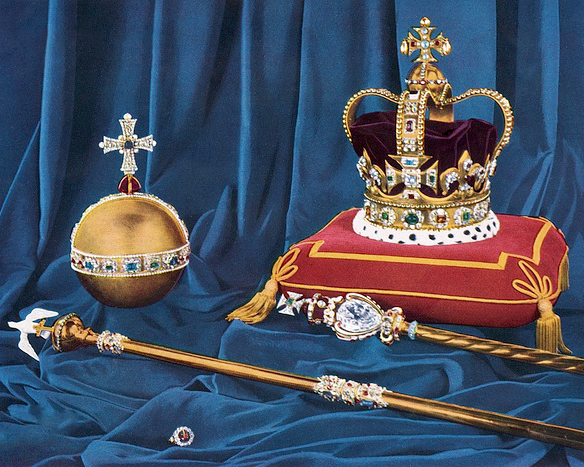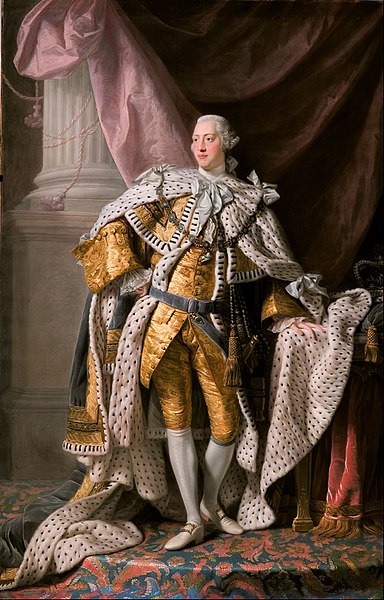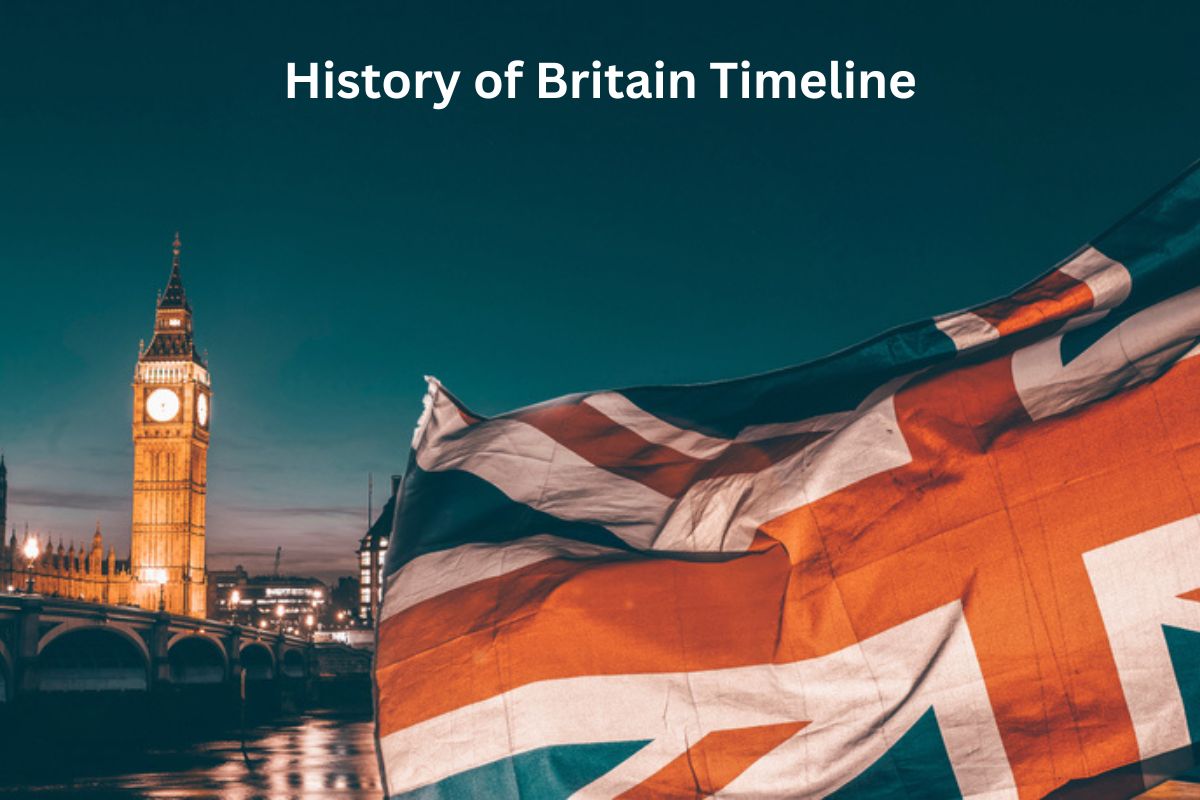The history of Britain is an intricate tapestry that unfolds across the ages, weaving together a multitude of cultures, events, and transformations that have left an indelible mark on the nation’s identity and its global impact.
From its earliest prehistoric settlements to its role as a formidable global empire, the history of Britain is a captivating narrative of conquests, revolutions, scientific breakthroughs, and societal shifts.
Spanning a vast timeline, this history encompasses the enduring legacy of ancient sites like Stonehenge, the profound influence of Roman occupation, and the expansion of British influence through exploration and colonization.
It’s a saga that reveals the struggles for power, the relentless pursuit of freedom, and the profound contributions of monarchs, thinkers, writers, and visionaries.
From the intellectual fervor of the Enlightenment to the seismic changes brought by industrialization and social reform, the history of Britain resonates with triumphs and setbacks, progress and challenges.
The echoes of the past can be seen in the foundations of its political institutions, the contours of its cultural heritage, and the values that underpin its society.
| Period | Key Events and Dates |
|---|---|
| Prehistoric Britain | – 8000 BCE: Hunter-gatherers settle |
| – 3100 BCE: Stonehenge construction begins | |
| Roman Britain | – 43 CE: Roman invasion begins |
| – 122 CE: Hadrian’s Wall construction begins | |
| Anglo-Saxon and Viking | – 410 CE: Roman withdrawal |
| – 5th-6th c.: Arrival of Anglo-Saxons | |
| – 793 CE: Viking raid on Lindisfarne | |
| – 865 CE: Great Heathen Army invasion | |
| – 878 CE: Treaty of Wedmore | |
| Medieval Period | – 1066 CE: Norman Conquest |
| – 1215 CE: Signing of the Magna Carta | |
| – 1337-1453 CE: Hundred Years’ War | |
| Tudor and Stuart Eras | – 1485 CE: Henry VII becomes king |
| – 1534 CE: Establishment of Church of England | |
| – 1588 CE: Defeat of the Spanish Armada | |
| – 1603 CE: Union of the Crowns | |
| English Civil War and | – 1642-1651 CE: English Civil War |
| Restoration | – 1660 CE: Restoration of the monarchy |
| 18th and 19th Centuries | – 1707 CE: Union of England and Scotland |
| – 1801 CE: Union of Great Britain and Ireland | |
| – 1833 CE: Slavery abolition | |
| – 1837-1901 CE: Victorian Era | |
| 20th Century | – 1914-1918 CE: World War I |
| – 1922 CE: Irish Free State gains independence | |
| – 1939-1945 CE: World War II | |
| – 1947 CE: Indian independence and partition | |
| – 1952 CE: Queen Elizabeth II ascends | |
| – 1997 CE: Devolution in Scotland and Wales | |
| 21st Century | – 2016 CE: Brexit referendum results |
| – 2020 CE: COVID-19 pandemic | |
| – Ongoing: Continued global developments |
Timeline of the History of Britain
Prehistoric Britain:
8000 BCE: Hunter-gatherer communities settle in what is now Britain. These early inhabitants relied on hunting, fishing, and gathering wild plants for sustenance. They left behind artifacts and evidence of their lifestyles in archaeological sites across the region.
Also Read: British Empire Facts
3100 BCE: Construction of Stonehenge begins in what is now Wiltshire, England. Stonehenge is a prehistoric monument consisting of massive standing stones arranged in a circular pattern. Its purpose and significance are still debated, but it is believed to have had ceremonial and astronomical functions.
Roman Britain:
43 CE: The Roman Empire, under Emperor Claudius, launches a successful invasion of Britain. The Romans establish control over the southern part of the island, known as Britannia. They build roads, forts, and towns, and introduce Roman culture and governance.
Also Read: Roman Britain Timeline
122 CE: Construction of Hadrian’s Wall begins under Emperor Hadrian. This defensive fortification stretches across northern England and serves as a defensive boundary between Roman-controlled Britannia and the unconquered northern territories.

Anglo-Saxon and Viking Periods:
410 CE: With the Roman Empire in decline, Roman forces withdraw from Britain, leaving a power vacuum. This opens the door for various groups, including the Anglo-Saxons, to migrate and establish kingdoms.
Also Read: History of Wales Timeline
5th-6th centuries: Anglo-Saxon settlers arrive in Britain and establish several kingdoms, including Wessex, Mercia, and Northumbria. These kingdoms often clashed with each other and with the remaining Romano-British communities.
793 CE: The Viking Age begins with the raid on the monastery of Lindisfarne, off the northeast coast of England. This event marks the start of Viking incursions and conquests in Britain and beyond.
865 CE: The Great Heathen Army, a coalition of Viking forces, launches a major invasion of England. Over the next several years, they conquer significant portions of the country.
878 CE: The Treaty of Wedmore is signed between King Alfred the Great of Wessex and the Viking leader Guthrum. The treaty establishes a boundary known as the Danelaw, dividing England between Anglo-Saxon and Viking-controlled regions.
Medieval Period:
1066 CE: The Norman Conquest takes place when William the Conqueror, Duke of Normandy, defeats King Harold II of England at the Battle of Hastings. This event leads to the Norman rule of England, bringing significant changes to governance, language, and culture.
1215 CE: The Magna Carta (Great Charter) is signed by King John under pressure from English barons. The document outlines principles of limited royal power, legal rights, and due process. It is considered a foundational document for the development of constitutional law.
1337-1453 CE: The Hundred Years’ War is a series of conflicts between the Kingdom of England and the Kingdom of France over control of the French throne. This war has a profound impact on both countries and contributes to shifts in military tactics, diplomacy, and nationalism.

Tudor and Stuart Eras:
1485 CE: The Battle of Bosworth marks the end of the Wars of the Roses and the beginning of the Tudor dynasty. Henry VII becomes King of England, ending decades of civil strife.
1534 CE: King Henry VIII establishes the Church of England, separating from the authority of the Roman Catholic Church. This move is primarily driven by Henry’s desire for an annulment of his marriage to Catherine of Aragon.
1588 CE: The Spanish Armada, a fleet sent by King Philip II of Spain, is defeated by the English navy under Queen Elizabeth I. The victory boosts English naval power and contributes to the decline of Spain as a global superpower.
1603 CE: The Union of the Crowns occurs when James VI of Scotland inherits the English throne as James I of England. This creates a personal union between the two kingdoms while maintaining separate parliaments and legal systems.

English Civil War and Restoration:
1642-1651 CE: The English Civil War is fought between the Parliamentarians (Roundheads), who support parliamentary authority, and the Royalists (Cavaliers), who support the king. The war results in the temporary overthrow of the monarchy and the establishment of the Commonwealth under Oliver Cromwell.
1660 CE: The monarchy is restored with the return of Charles II to the throne. This event marks the end of the Commonwealth period and the continuation of the Stuart dynasty.
1688-1689 CE: The Glorious Revolution leads to the overthrow of King James II and the ascension of William III and Mary II. This bloodless revolution establishes constitutional principles and limited monarchy in England.
18th and 19th Centuries:
1707 CE: The Acts of Union unite the Kingdom of England and the Kingdom of Scotland, creating the Kingdom of Great Britain. This political union leads to a single parliament and shared institutions between the two nations.
Late 18th century: The Industrial Revolution begins in Britain, marked by significant technological advancements, the growth of factories, and the shift from agrarian to industrial economies. Innovations such as the steam engine, spinning jenny, and power loom revolutionize manufacturing and transportation.
1801 CE: The Acts of Union unite the Kingdom of Great Britain and the Kingdom of Ireland, forming the United Kingdom of Great Britain and Ireland. This union creates a single political entity, though tensions persist between the Irish population and British rule.
1833 CE: The Slavery Abolition Act is passed, leading to the gradual emancipation of enslaved individuals throughout the British Empire. This act contributes to the global movement to end the transatlantic slave trade and marks a significant step towards human rights and equality.
1837-1901 CE: The Victorian Era, named after Queen Victoria, is characterized by a period of social, economic, and cultural transformation. It witnesses the expansion of the British Empire, advancements in technology and science, and significant social reform movements.
19th century: The British Empire becomes the largest empire in history, with colonies and territories spanning the globe. The empire’s influence affects trade, culture, and politics around the world.
The Chartist Movement emerges, advocating for political reform and the expansion of voting rights to more segments of the population. The movement’s efforts contribute to the eventual expansion of suffrage in Britain.
The Victorian social novel flourishes, with authors such as Charles Dickens, Jane Austen, and the Brontë sisters addressing social issues and depicting the complexities of British society.
The British colonial expansion leads to both economic growth and debates about imperialism, cultural assimilation, and the ethics of colonization.
The spread of the British Industrial Revolution impacts working conditions, leading to labor movements and the formation of trade unions advocating for workers’ rights.
20th Century:
1914-1918 CE: World War I, also known as the Great War, involves Britain and its allies in a global conflict against the Central Powers. The war results in significant loss of life and reshapes political boundaries and international relations.
1922 CE: The Anglo-Irish Treaty leads to the establishment of the Irish Free State as a self-governing dominion within the British Commonwealth. This marks a significant step toward Irish independence, although tensions persist between Northern Ireland and the rest of the island.
1939-1945 CE: World War II sees Britain once again engaged in a global conflict, this time against the Axis Powers. The war leads to immense destruction and loss of life, but also results in the defeat of Nazi Germany and the restructuring of international organizations.
1947 CE: India gains independence from British rule, leading to the partition of the Indian subcontinent into India and Pakistan. This transition marks a turning point in the decolonization process and the end of British imperial control over India.
1952 CE: Queen Elizabeth II ascends to the throne after the death of her father, King George VI. Her reign continues to the present day, making her the longest-reigning monarch in British history.
1997 CE: Devolution takes place in the UK, with the establishment of the Scottish Parliament and the Welsh Senedd (Welsh Parliament). These bodies gain legislative powers over certain policy areas, granting greater autonomy to Scotland and Wales within the UK.
21st Century:
2016 CE: The Brexit referendum results in a narrow vote for the United Kingdom to leave the European Union (EU). The decision triggers complex negotiations and discussions about the UK’s future relationship with the EU and the global implications of the departure.
2020 CE: The COVID-19 pandemic spreads across the globe, affecting public health, economies, and daily life. The UK, like other countries, implements various measures to mitigate the impact of the virus and develops vaccination campaigns.
Ongoing: The UK continues to grapple with the challenges of Brexit, including trade negotiations, regulatory changes, and the management of its relationships with EU member states.
Cultural diversity and social change remain important topics in the UK, with ongoing debates about identity, immigration, and integration.
The UK maintains its role on the global stage through participation in international organizations, diplomatic relations, and contributions to areas such as technology, finance, and culture.
